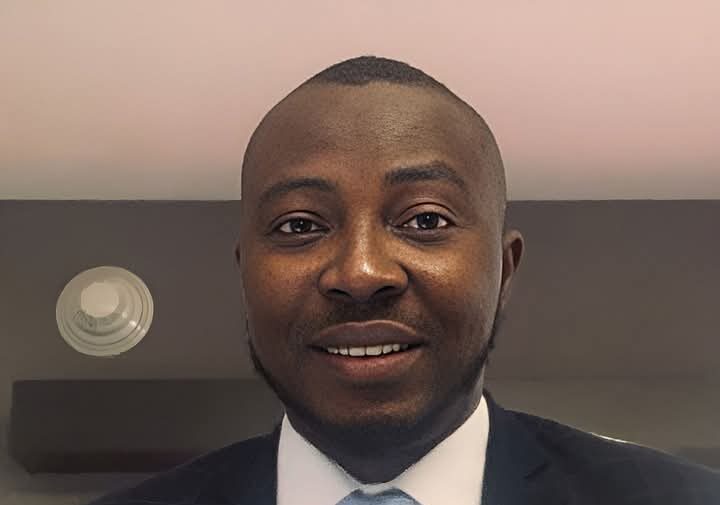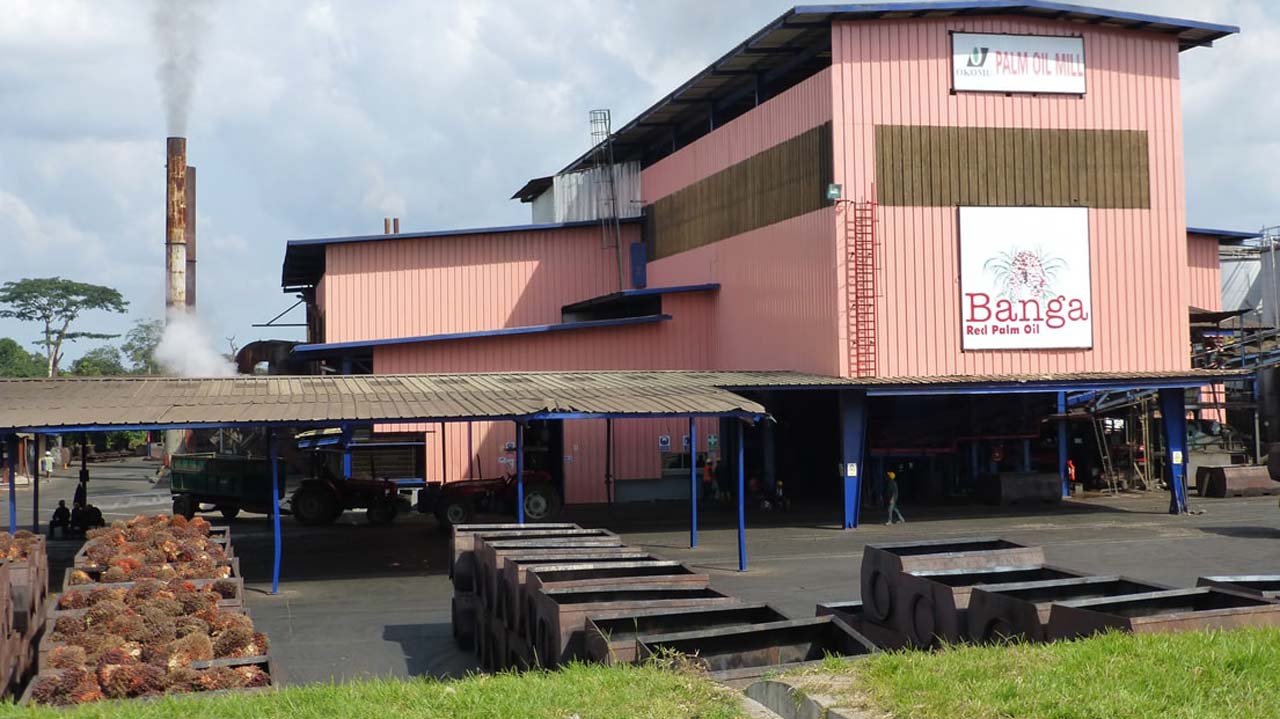By Udora Orizu
Former First Lady of United States of America, Michelle Obama, once said, “There is no limit to what we, as women, can accomplish”.
The push for special seats for women in the National and State Houses of Assembly continues gathering momentum as key government figures, traditional rulers at the 6th TOS Symposium to commemorate the international day of the girl child, pledged their commitment to implementing comprehensive policies aimed at enhancing the inclusion of the girl child across various sectors of society.
Nigeria ranks among the lowest globally for women’s political representation. Women make up nearly half the population, yet hold less than 5% of seats in the 10th National Assembly. Only 54 women serve across 990 seats in State Houses of Assembly and 15 states have no female legislators.
The 10th House of Representatives led by the Speaker Rt. Hon. Tajudeen Abass, PhD, GCON and Deputy Speaker Rt. Hon. Benjamin Kalu, PhD, CFR had in its legislative agenda recognised that improving women’s participation in politics and addressing issues like violence against women are crucial steps toward achieving sustainable development.
Consequently, the Deputy Speaker and Chairman Constitution Review Committee, Rt. Hon. Benjamin Kalu, sponsored the Special Seats Bill (HB 1349), a constitutional alteration proposal, seeking to remedy this imbalance by creating additional, separate seats to be contested and filled exclusively by women in the National and State Houses of Assembly.
The bill seeks to create additional seats for women in the National and State Houses of Assembly to address the low number of women in the legislature.
Since its inauguration in February last year, the House of Representatives Committee on Constitution Review, with focus on thematic areas such as women representation has intentionally made concerted efforts to give Nigerians a Constitution that reflects and addresses their yearnings as well as aspirations.
At various fora, the presiding officers of the 10th parliament assured that the persistent issue of women’s underrepresentation in Nigeria’s political space will soon become a thing of the past, as renewed efforts are underway to address it through collective action and legislative reform.
Recently, at the 6th TOS Symposium to commemorate the international day of the girl child, themed, “Girls Today, Leaders Tomorrow: Advancing Women Representation Through Policy”, with the reserved seats for women bill in focus, the Vice President of the Federal Republic of Nigeria, President of the Senate, Deputy Speaker, the Chairperson Nigeria Governors Spouses Forum and First Lady of Kwara State, His Eminence the Sultan of Sokoto, His Majesty the Olu of Warri, and so many other dignitaries, all gave support to the passage of the gender bill.
In his keynote speech, the Deputy Speaker, Rt. Hon. Benjamin Kalu said, “the girl child is not a symbol of vulnerability; she is a symbol of possibility, and itis time we treated her that way. Distinguished ladies and gentlemen, as the worldmarks the International Day of the Girl Child today, we do more than commemorate a date on the calendar. We afirm our moral and constitutional duty to build a nation where every girl’s potential is not constrained by gender but liberated by opportunity.
“As Deputy Speaker of the House of Representatives, and as a proud father of brilliant young girls, I speak today not just from policy conviction but frompersonal responsibility. Investing in the girl child transforms societies. Shebecomes a leader who can drive the economy, nurture peace, and anchorgovernance with integrity.That is why this gathering matters. The theme “Girls Today, Leaders Tomorow:Advancing Women’s Representation Through Policy” is a national strategy,calling us to nurture leadership from childhood, legislate inclusion, and securethe future of governance. A nation that limits the potential of its girls limits theprogress of its democracy. If we are serious about Nigeria’s future, then we muststart by asking: what future are we preparing for the Nigerian girl? Because anation that limits the potential of its girls limits the progress of its democracy.The Global ContextAcross the world, one truth has become undeniable: nations that invest in theirgirls build stronger economies, fairer societies, and more resilient democracies.
“The Special Seats Bill: A Case for Structured Inclusion The Special Seats Bill (HB 1349), which I proudly sponsor, is a constitutionalinnovation grounded in data, fairness, and strategy. It proposes temporaryreserved seats for women in the National Assembly and State Houses ofAssembly to correct decades of underrepresentation. Nigeria’s record isalarming: women hold only 4.21% of seats in the House of Representatives and3.7% in the Senate, placing us 178th out of 182 countries globally, according tothe Inter-Parliamentary Union. By contrast, Senegal has 41%, South Africa44.4%, Uganda 34%, and Rwanda 63.75%, all achieved through deliberatelegislative action. In over 60 years of legislative history, fewer than 200 womenhave served in both chambers combined, a clear sign of systemic imbalance.This Bill is not about sentiment; it is about justice. Women give life, sustainfamilies, and anchor our society, yet in the mid-20th century, they could neithervote nor own property nor participate in public decision-making in parts of Nigeria.
“Some argue the Bill undermines merit, yet true merit cannot flourishwhere opportunity is denied. Section 42 of our Constitution allows afirmativeaction to address historical inequities, and this Bill, reviewed every sixteen years,is a lawful, self-correcting instrument for inclusion.PLAC estimates its cost at less than 1% of the National Assembly’s budget, asmall price for immense returns. Meanwhile, McKinsey reports that closing globalgender gaps could add $28 trillion to GDP by 2030, which for Nigeria translatesinto billions in productivity and human capital. Women make up 49.43% of ourpopulation, according to Statistics Times, and their representation is essentialbecause some issues can only be fully understood and legislated efectively bythose who live them. Also, passing this Bill will reafirm Nigeria’s moral authorityas Africa’s largest democracy, committed to inclusion and justice.The 10th House: Building an Inclusive NigeriaUnder the visionary leadership of Rt. Hon. Tajudeen Abbas, the 10th House of Representatives, has placed inclusion at the heart of its Legislative Agenda,because no democracy can claim maturity when its laws fail to reflect thediversity of its people.As Chairman of the House Committee on Constitution Review, I can attest that this is the most participatory review process in our democratic history. We have held national dialogues and public hearings across the country, consultingtechnocrats, traditional rulers, women’s groups, youth, political parties, and civilsociety. We deliberate for hours, refining every proposal to produce a constitutionthat truly belongs to the people.Gender inclusion is central to this process because strengthening women’srepresentation strengthens Nigeria as a whole. Therefore, I call on my colleagues across party lines, across regional lines to see the Special Seats Bill not as awomen’s Bill, but as the nation’s Bill. I have no doubt Mr. President willassent to this Bill, not out of political convenience but out of conviction.”
Also speaking at the event, Vice President Kashim Shettima, represented by his Technical Adviser on Women, Youth Engagement, and Impact, Hauwa Liman, underscored the current administration’s recognition of the vital role women play in nation-building, stressing the importance of increased female representation in parliament as a crucial step towards fostering a stronger nation.
He said that his office is proud to have young women in strategic advisory roles, working on policy development, leading impactful programmes, and managing youth and women’s empowerment initiatives that benefit millions of Nigerians.
On his part, His Eminence, the Sultan of Sokoto, Sa’adu Abubakar reflected on the rich history of women’s involvement in politics and education in pre-colonial Nigeria, urging a return to these values in the face of current challenges.
He said, “Let me say how delighted | am to participate in this forum that seeks to “Leverage the International Day of the Girl Child to frame women’s political representation as a democratic, moral, and developmental imperative”. I am glad that this forum is a partnership of diverse platforms, brought together by the need to mainstream women in to governance. | am particularly glad because this is one of the fundamental goals of the founders of the Sokoto Caliphate. They wrote books on
the subject, they defied the prevailing understanding to break the chains and liberate women from ignorance and subjugation.
“It was both an intellectual, social and political struggle that paid off. For not only did the Sokoto Caliphate educated its women, the leader, Shaykh Usman bn Fodio, made sure that his wives and daughters were thoroughly educated. Producing, in the process, his daughter Nana Asmau who wrote over eighty works in different languages, she had a good command of at least five languages. Nana Asmau was not only a scholar, she was a social and political activist, she created an all women movement call the ‘Yan Taru’, which today is celebrated in at least seven of the States of the USA. I am not surprised that this will come as a surprise to many sitting here, because the curriculum we study in our schools was designed by our colonial masters to hide our history.
“This is not the time for long speeches, so while assuring you of our commitment to supporting our women to participate, we wish to urge you to study our history from our historians who have read the large volumes of works, now being translated to English, so that we will be taking informed decision. I am also glad that in your concept note you used the word ‘equity’. This shows you are conscious of the fact that the natural role differentiation of the two genders is preserved, even as we ensure fairness and inclusion. We must not seek to copy the west, ‘hook, line and sinker.’ We must preserve our African Values, for indeed our family system is today the envy of many in the West. It is worth repeating that the more we read our history the more we will discover that Africa has within its history and God-given resources all it needs to be the great continent it is destined to be.”
As voting on the bill is slated for next month, the Constitution of the Federal Republic of Nigeria requires that for any Constitution amendment to take place, both houses must pass the bill by two-thirds majority of members present and voting.
Thereafter, it will require approval by a simple majority of members in two-thirds of States of the Federation. Thereafter, Presidential assent would be required.
With the advocacy led by the TOS Foundation and other civil society groups for increased women’s representation in governance, particularly through the Reserved Seats Bill in Nigeria, there’s optimism that the bill would pass into law, so that women could have their rightful place in the society.
As the lead proponent of the bill, Rt Hon. Benjamin Kalu said, “It is high time we stopped underestimating the power of a woman. Everything they handle with dedication they multiply. As the chairman of the House constitution review committee, I have a lot of work in my hands to make sure the repositioning of women folks in our country is achieved.”
*Orizu is SA Press Affairs to the Deputy Speaker of the House of Representatives



